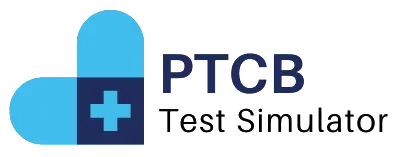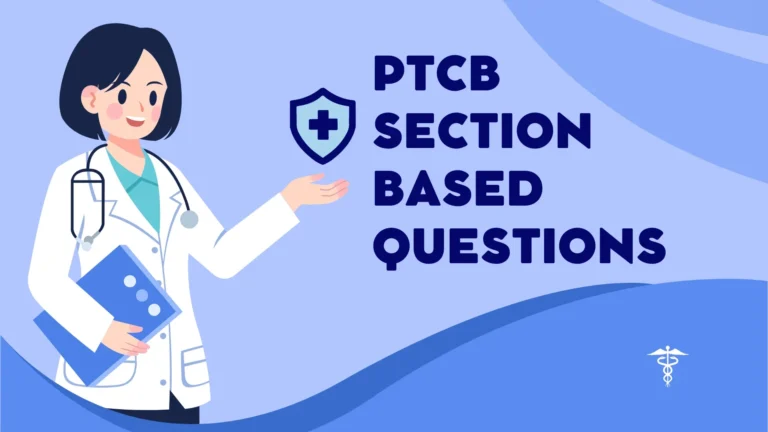Understanding the HESI Exam Questions
The HESI exam practice questions are crucial assessments in nursing education, designed to evaluate students’ knowledge and readiness for clinical practice. These exams play a significant role in determining a student’s ability to apply theoretical concepts to real-world scenarios in healthcare. Understanding the structure and format of HESI exam questions is essential for students seeking to excel in their nursing programs and ultimately achieve licensure. This essay explores the types of HESI exam questions, strategies for effective preparation, and the importance of familiarity with question formats.
Types of HESI Exam Questions
HESI exam practice questions typically consist of multiple-choice questions (MCQs) that assess a wide range of topics within nursing education. These questions can be categorized into several types:
- Knowledge-Based Questions: These questions assess a student’s recall of factual information, such as definitions, concepts, and fundamental principles. For example, a question may ask for the definition of a specific medical term or the function of a particular organ system.
- Application Questions: These questions require students to apply their knowledge to clinical scenarios. They may present a case study involving a patient’s symptoms and ask students to determine the most appropriate nursing intervention. This type of question tests not only recall but also the ability to analyze and synthesize information.
- Analysis Questions: These questions involve higher-order thinking skills, requiring students to evaluate situations, make judgments, or interpret data. For example, students may be presented with lab results and asked to identify potential complications or prioritize nursing diagnoses.
- Priority Questions: HESI exam practice questions focus on the nursing process, asking students to prioritize care based on a patient’s needs. For instance, students might be given a list of nursing interventions and must determine which action should be taken first in a critical situation.
- Select All That Apply (SATA): HESI exam practice questions require students to choose all correct options from a list of answers. This format tests deeper understanding, as students must be cautious not only to identify correct answers but also to avoid misleading options.
Strategies for Effective Preparation
- Familiarize Yourself with the Exam Format: Before taking the HESI exam practice questions, students should review sample questions and practice tests. This familiarity can reduce anxiety and improve performance by making students comfortable with the question format.
- Engage in Active Learning: Rather than passively reading textbooks, students should engage in active learning techniques, such as self-quizzing, group discussions, and teaching others. These methods reinforce knowledge retention and enhance understanding.
- Utilize HESI Practice Tests: Taking practice tests that mimic the HESI exam practice questions format can be invaluable. These tests help students assess their knowledge, identify weak areas, and become accustomed to the timing and pressure of the actual exam.
- Review Rationales for Answers: When practicing, students should review the rationales for both correct and incorrect answers. Understanding why an answer is right or wrong helps clarify misconceptions and solidifies knowledge.
- Focus on Critical Thinking: Nursing is fundamentally about critical thinking and decision-making. Students should practice applying their knowledge to clinical scenarios and engage in case studies to develop their analytical skills.
Importance of Familiarity with Question Formats
- Enhanced Confidence: Knowing what to expect can significantly reduce test anxiety. Students who are familiar with question types are more likely to approach the exam with confidence, improving their overall performance.
- Improved Time Management: Understanding how long to spend on different question types can help students manage their time effectively during the HESI exam practice questions. For instance, application and analysis questions may require more time than knowledge-based questions.
- Better Test-Taking Strategies: Familiarity with the exam format allows students to develop specific test-taking strategies, such as eliminating incorrect answers or recognizing keywords that indicate the correct response.
- Focus on Learning Objectives: By understanding the types of questions that will be asked, students can better align their study habits with the learning objectives of their nursing program, ensuring a more targeted and efficient preparation process.
Conclusion
Understanding HESI exam questions is a critical component of success in nursing education. By familiarizing themselves with the types of questions, employing effective preparation strategies, and developing test-taking skills, nursing students can enhance their chances of performing well on these crucial assessments. As they progress through their nursing programs and prepare for licensure, mastering the art of understanding HESI exam questions will not only contribute to academic success but also lay the groundwork for competent and confident nursing practice in the future. With the right approach, students can navigate the complexities of the HESI exam practice questions and emerge as capable healthcare professionals ready to meet the challenges of patient care.


